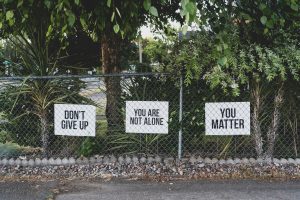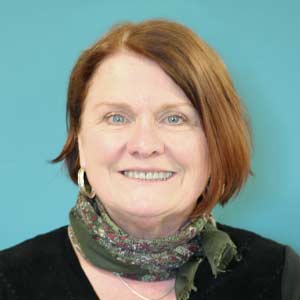Mental health challenges impact people from all walks of life, and their prevalence is growing. The former U.S. Surgeon General identified mental health as one of the most pressing issues of our time, particularly among students and employees.
Whether at work or in school, knowing how to recognize the early signs of mental health struggles can make an immeasurable difference — not just for yourself but for others, too. That’s where mental health first aid comes in. This essential training gives people the skills to identify signs of distress, offer support, and connect those in need with the right resources before a crisis occurs.
Defining mental health first aid
Originating in Australia, mental health first aid is a program that’s expanding across the globe. Similar to how traditional first aid provides immediate care for physical injuries, mental health first aid is designed to help individuals identify and respond to mental health issues in their early stages.
It’s essential to note that mental health first aid is not a diagnostic tool. Those trained in mental health first aid are not responsible for labeling conditions but for recognizing broad warning signs, offering immediate support, and guiding individuals toward professional resources. The goal is to intervene early, reducing the risk of a situation escalating into a crisis.
Training to make a difference
In daily interactions, we may not always be aware of what others are going through. Personal struggles — like financial difficulties, family issues, or unexpected life changes — can affect mental well-being. Mental health first aid training can equip you to recognize signs of distress and provide thoughtful intervention before these challenges worsen. Anyone can become a mental health first aider — no background in psychology or counseling is necessary.

Mental health first aid training provides a broad introduction to common mental health issues.
Participants learn to recognize early warning signs, engage in supportive conversations, and connect individuals with appropriate resources. It emphasizes meeting individuals where they are, without judgment. This involves acknowledging their feelings, validating their experiences, and helping them determine their next steps.
Naturally, active listening plays a central role in this process. Effective mental health first-aiders practice objective, nonjudgmental listening, ensuring that individuals feel heard and understood.
Organizational leadership and mental health first aid
While the immediate purpose of mental health first aid is to support individuals before their struggles escalate, on an organizational scale, the bigger picture goal is to nurture awareness, empathy, and proactive assistance in workplaces and schools.
Leaders, educators, and peers must remain vigilant and compassionate in recognizing behavioral changes and offering support. Leaders play a crucial role in establishing mental health-friendly environments. Providing opportunities for training, encouraging participation, and normalizing conversations about mental health help reduce stigma and promote early intervention.
Even simple steps, such as allowing employees to take mental health days and encouraging honest conversations, can create supportive environments where people thrive rather than suffer in silence.
For leaders in the Master of Science in Organizational Leadership (MSOL) program, prioritizing mental health first aid is essential. Effective leadership requires understanding and supporting those who report to them. When leaders take the time to know their employees and students, they can better identify when someone is struggling and offer timely assistance.

Mental health first aid is vital in building more compassionate, understanding, and supportive environments. By integrating mental health first aid training into workplace and university policies, organizations demonstrate their commitment to employee and student well-being — equipping individuals with the skills to recognize and respond to mental health challenges while shaping a culture of care where no one feels invisible or alone.
Now, more than ever, we need compassionate leaders from all walks of life to foster supportive workplaces and prioritize employee wellbeing.
Ready to become the changemaker your community needs? Learn more about earning your MSOL at Goodwin University!

Sandra (Sandi) Coyne-Gilbert is an accomplished leader with experience in both the education and nonprofit sectors. Coyne-Gilbert specializes in working with adult learners and is enthusiastic about instilling a passion for lifelong learning in her students. Her work with at-risk and marginalized groups provided her with unique insights into the power of education for people in transition. Beyond the educational field, Coyne-Gilbert also has experience in marketing and nonprofit leadership. Most notably, she was one of the driving forces behind the development of the Ronald McDonald House in Springfield, MA. Coyne-Gilbert looks forward to bringing her experiences to the classroom as program director for the master’s degree in Organizational Leadership at Goodwin University.

